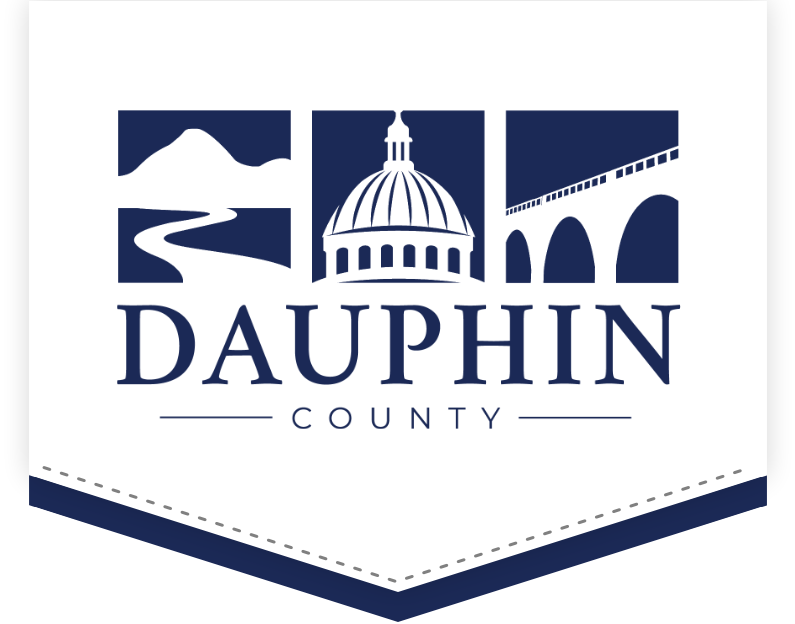Clean Slate, Expungement, and Limited Access from the Unified Judicial System of Pennsylvania
What is Clean Slate?
Under Clean Slate, criminal history record information pertaining to eligible criminal and summary records, and non-conviction records will be automatically shielded from public view when individuals have been free from conviction of offenses punishable by a year or more in prison and have completed all court-ordered obligations for 10 years. These records will NOT be expunged and will still be accessible to law enforcement and judicial officers.
Processing of cases automatically will begin on June 28, 2019. Due to a large volume of cases, there will likely be a backlog of cases during the first year of the Clean Slate program. An individual who believes their record was not sealed due to a backlog, or was not sealed in error, may file an Act 5 petition for limited access. Sample Act 5 petition.
Individuals convicted of the following offenses are eligible for Clean Slate:
Second- and third-degree misdemeanors, and misdemeanors punishable by two years or less in prison
Summary convictions
Charges not resulting in convictions
Individuals convicted of the following offenses are not eligible for Clean Slate:
Crimes involving danger to persons
Crimes against families
Firearm offenses
Also, individuals convicted of any of the following are not eligible for Clean Slate at any time:
A felony
Two or more offenses punishable by more than two years in prison
Four or more offenses punishable by one or more years in prison
Indecent exposure, sexual intercourse with animals, failure to register upon conviction of certain sexual offenses, weapons or implements for escape, abuse of a corpse and unlawful paramilitary training.
What is Act 5 limited access?
Recent changes to the law effective on December 26, 2018.
Many of the same records that will be automatically sealed via Clean Slate when it becomes effective in 2019 can be sealed sooner under Act 5. Individuals with criminal history record information eligible for Clean Slate might wish to petition under Act 5 instead. Additionally, criminal history record information for certain offenses not automatically sealable under Clean Slate is eligible for sealing under Act 5. See Clean Slate Ineligible convictions and eligible exclusions.
Individuals convicted of “qualifying misdemeanors” or ungraded offenses punishable by five years or less in prison are eligible for Act 5 limited access to criminal history record information pertaining to the offenses.
Individuals convicted of the following offenses when graded as a misdemeanor of the first degree are not eligible for Act 5 limited access:
Crimes involving danger to persons, crimes against families and firearm offenses
Tiered sexual offenses or those requiring registration as a sexual offender
Corruption of minors
Attempt, conspiracy, or solicitation to commit any exempted offense
Additionally, individuals convicted of any of the following are not eligible for Act 5 limited access at any time:
Murder, first degree felonies and offenses punishable by 20 or more years in prison
In the previous 20 years:
Felony crimes involving danger to persons and crimes against the family, firearm offenses, tiered sexual offenses or those requiring registration as a sexual offender, or
Four or more misdemeanors graded as second degree or higher
In the previous 15 years:
Two or more misdemeanors of the first degree or higher, or
Indecent exposure, sexual intercourse with an animal, failure to comply with registration as a sexual offender, weapons or implements of escape, abuse of a corpse, and unlawful paramilitary training.
What is an expungement?
Expungement is the only mechanism to permanently and completely remove criminal history record information.
Criminal history record information must be expunged when:
Case dispositions have not been received or recorded within 18 months of arrest, and the court certifies that a disposition is not available or an action is not pending
A court directs that non-conviction data be expunged
Individuals reaching 21 years of age who were convicted of Section 6308 of the Crimes Code, often referred to as “underage drinking” after they turned 18, who satisfy all conditions of the sentence and petition for expungement
Expungement is also available for individuals:
Reaching 70 years of age who are free of arrest or prosecution for ten years following final release from confinement or supervision
Who have been dead for three years
Who petition the court for expungement of summary offenses and have been free of arrest or prosecution for five years following the conviction for that offense
What is a pardon?
A pardon is separate and distinct from the processes of expungement, limited access and Clean Slate. It is an executive, not a judicial, function. A pardon relieves legal disabilities resulting from criminal convictions. A pardon does not, however, remove, expunge or clear convictions from criminal records.
The only way to remove criminal history record information pertaining to pardoned convictions is to file a petition for expungement in the Court of Common Pleas in the county where the conviction occurred.
NOTE: The information provided on this page and in the links does not constitute legal advice. Individuals seeking to petition for expungement or limited access or determining their eligibility for Clean Slate should consult legal counsel.
The Pennsylvania State Police is designated by law as the central repository for the collection, compilation, maintenance and dissemination of criminal history record information. AOPC docket sheet information is prohibited from being used in place of a criminal history background checks, which can only be provided by the Pennsylvania State Police.

